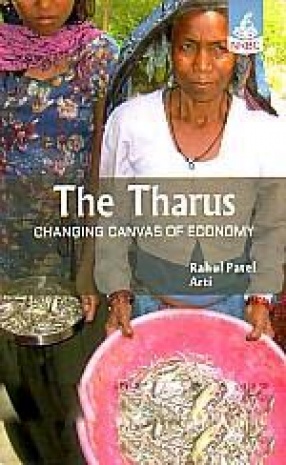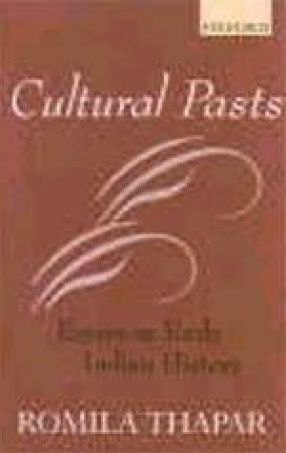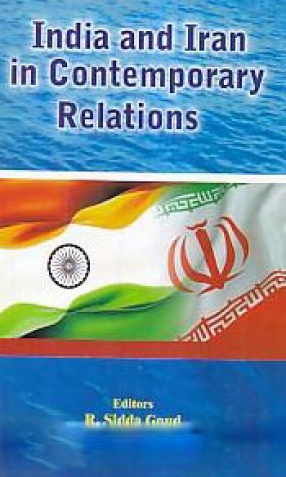The nature of country’s nationalism is in the main the outcome of interaction between a country’s history and tradition and the demands of social change and modernization. But in the long run, it becomes important as to which of the two variables of tradition and modernity influence more, in what degree and to what extent. For example, in modern India, socialism and secularism characterize our nation building efforts. But were they as important in the minds of leaders like Tilak who dominated the pre-Gandhian phase of Indian nationalism? This work is an attempt to answer the questions raised above. Before Tilak, Raja Ram Mohan Roy, Ishwar Chandra vidyasagar and others had emphasized the social basis of nationalism. While Dadabhai Naoroji emphasized the economic basis of nationalis, Tilak emphasized the traditional and religious aspects of nationalism in the religious aspects of nationalism in the prevailing political situation of the country. Tilak propounded the philosophical content of nationalism by linking the attainment of ‘Swaray’ with the Gita ideal of ‘Karmayoga’. He wanted to substantiate the nationalistic movement in India by a strong cultural and religious revival of Hinduism. This is why, he encouraged Ganapati and Shivaji Festivals. He was always in favour of purification of intention and not merely purity of means as Gandhiji did. He accepted non-violence in his private life, but he was never an advocate of absolute form of non-violence. This was the reason that if a man committed some violence like Arjuna or Shivaji he would not condemn such person. Tilak’s nationalism was close to social work also. He tried to understand and solve the problems of people as far as he could, whether it was the problem of weavers, agricultural rent or Sarda-Sadan Vivad, or the problem of famineand plague. He was a true nationalist, with a clear understanding of international affairs. He sent a memorandum to the Paris Peace Conference, which laid foundations for the formulation of foreign policy of India. Finally, this work is a maiden attempt to analyse Tilak’s nationalistic ideas from a comparative point of view vis-?-vis the modern Indian nationalism.
The Tharus: Changing Canvas of Economy
$38.70
$43.00





There are no reviews yet.